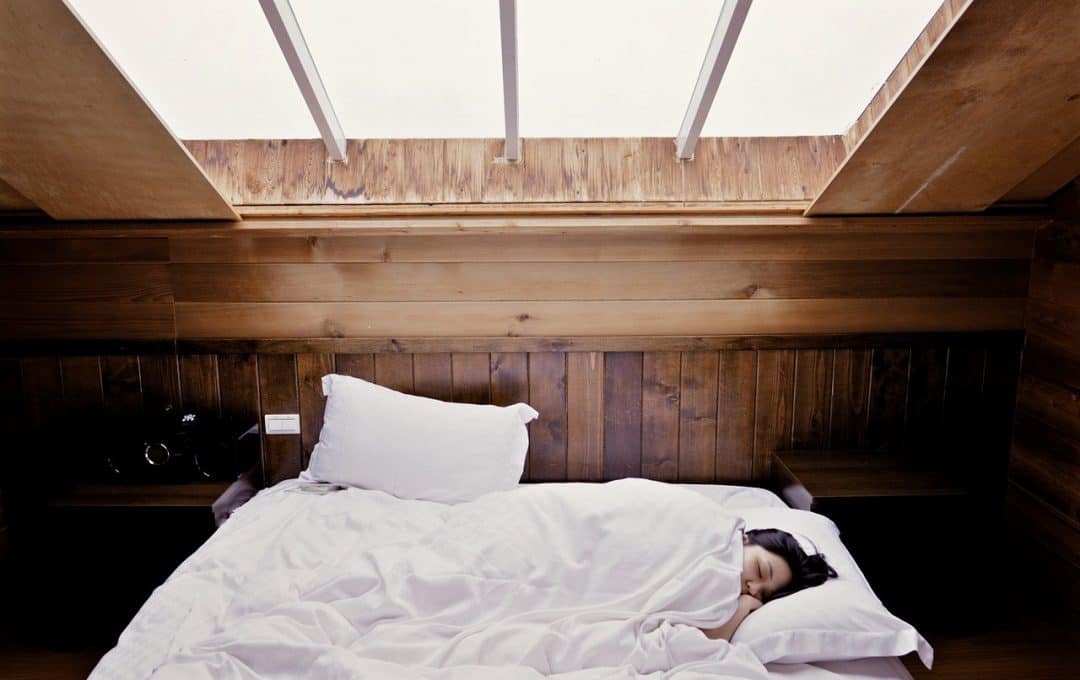Aahhh. That feeling of waking up refreshed in the morning after a good nights sleep. You have energy to get through your day, your mind is clear and you feel recharged. Unfortunately, it can be hard for a lot of us to really get that refreshing sleep we need most nights.
Why is sleep so rejuvenating?
- Sleep lets the heart take a rest as heart rate slows and blood pressure drops. The heart doesn’t have to work nearly as hard as it does during the day.
- Sleep is when our brains make connections. All the puzzle pieces of our days are fitted together while we sleep.
- Deeper sleep allows our bodies to produce more growth hormone. That’s important for growing children, but it’s just as important for adults too. Human growth hormone (HGH) “increase[s] bone mineralization and muscle mass, protein synthesis, cellular growth, and fat breakdown” according to Dr. Sara Gottfried. Who wouldn’t want more of that? This is the hormone that helps build muscle and burn fat! And our bodies produce it when we sleep.
- Hormones get out of whack when we’re not getting enough sleep. Ghrelin and Leptin help regulate our appetites. Without enough sleep, their messages get mixed up and our appetites can get out of whack, telling us to eat more than what our bodies really need. Source.

If you’re a parent, you’ve probably heard the advice to give your kids a bedtime routine. Adults can also benefit from having a nightly routine that helps them unwind and prepare for sleep. Think of a bedtime routine as a transition between day and night. Especially if you have a busy day (like most of us seem to!), this transition is important to let our bodies prepare for a night of restful sleep.
Most adults need between 7 and 9 hours of sleep per night. Many people think they need less, but the truth is, a lot of us need more than what we’re getting! Ensuring you are getting enough sleep means having a fairly consistent bedtime every night.
Exposure to Light
Your sleep is influenced by the amount of light you are exposed to during the day. Make sure you are spending some time outside each day and getting exposure to natural light.
Start your nighttime routine by turning off electronics. Turn off the TV, the iPad, the computer and the smart phone at least a half hour before bed. The light itself can interrupt circadian rhythms as it mimics the blue light we see in daytime. Besides the light itself, the content is stimulating and makes it harder to shut down our minds.
Ideas for your bedtime routine:
Read a book. My husband and I like to read out loud to each other.
Diffuse some lavender oil in an oil diffuser. You can also use lavender oil on your pillowcase or rubbed into the soles of the feet.
Take a warm bath. You don’t want the water to be too hot because it can raise your temperature, making it harder to fall asleep.
Try a few relaxing yoga stretches. Stretching the hamstrings is a great release that can help with insomnia.
A gentle massage from your spouse is a wonderful way to transition into night and can be very helpful after a stressful day.
Take a minute to plan out your day tomorrow. Writing it down can help calm the mind and prepare it for sleep.
Write down what went right. I keep a journal by the side of my bed where I right down what I’m thankful for every night before I go to sleep. It is a wonderful practice to create joy in your life. It also creates an environment for sleep by getting your mind off the things that might be bothering you.
What other things have you found helpful in your bedtime routine?









